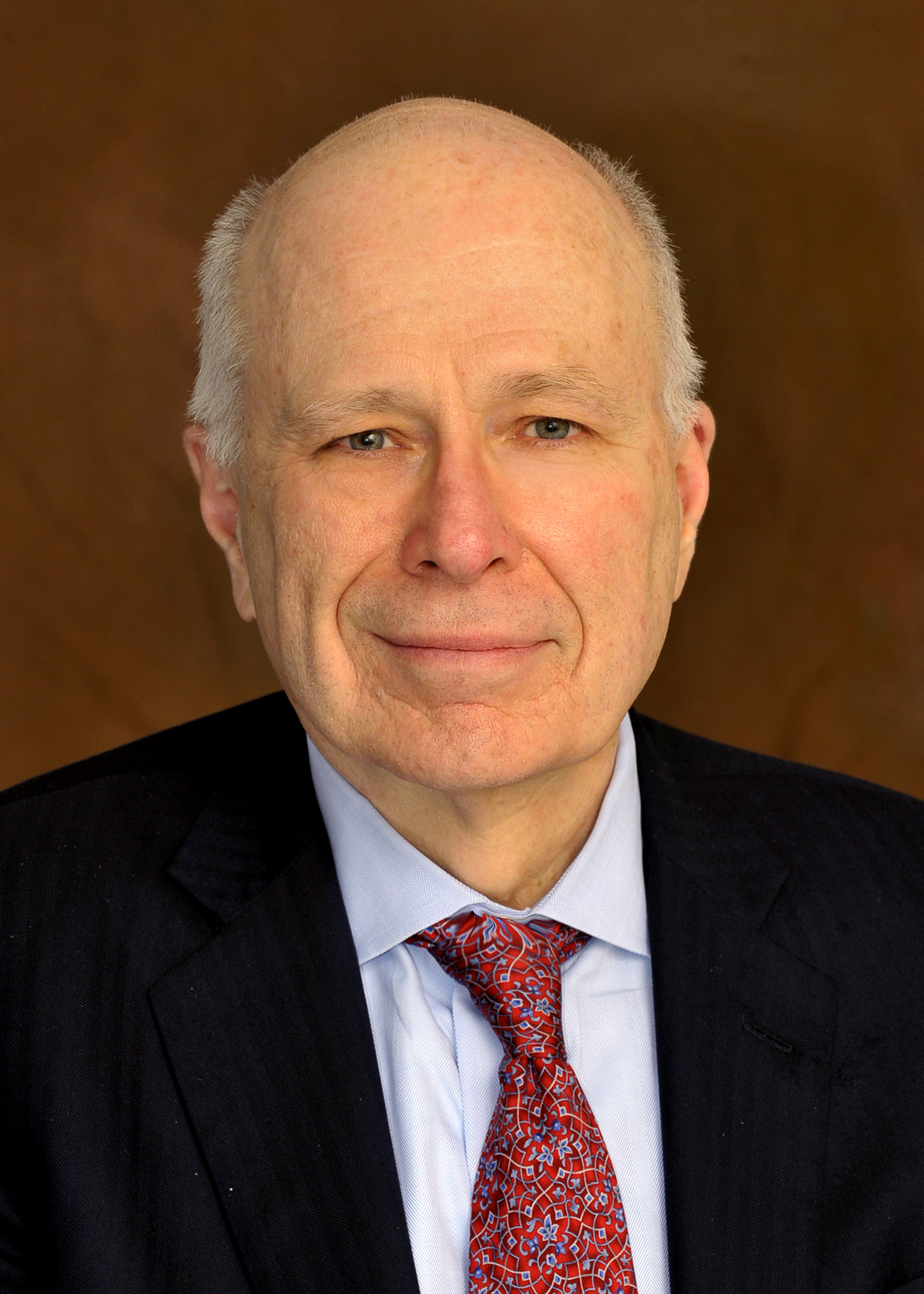PROGRAM
Many of the critical foreign policy challenges of the 21st century – from climate change, to nuclear weapons, to cyber-security – have significant scientific dimensions. As the world leader in science and technology, the U.S. has the ability to use its position of leadership to advance the nation’s foreign policy goals and promote international peace and security. But how, and to what extent, is that happening? What is the relationship between the scientific and foreign policy communities? How does science influence modern diplomacy? What are the key areas of progress, and where are the challenges?
Join us at Roosevelt House for a discussion of these issues with Dr. E. William Colglazier, who served from 2011 to 2014 as the Science and Technology Adviser to the Secretary of State. A physicist by training, Dr. Colglazier served under Secretaries Clinton and Kerry advising the Department and engaging with countries on many issues where science and technology are relevant. A longstanding leader in efforts to support science diplomacy and international collaboration and cooperation in science and technology, Dr. Colglazier is currently Visiting Scientist and Senior Scholar in the Center for Science Diplomacy at the American Association for Advancement of Science. Prior to his appointment to the State Department, he served as Executive Officer of the National Academy of Sciences and the National Research Council, where he helped to oversee the studies that provide independent, objective scientific advice on public policy issues. He received his Ph.D. in theoretical physics from the California Institute of Technology in 1971, and prior to 1994 worked at the Stanford Linear Accelerator Center, the Institute for Advanced Study in Princeton, the Center for Science and International Affairs at Harvard’s Kennedy School of Government, and the University of Tennessee.
Dr. Colgazier will be introduced by Professor Steve Greenbaum, followed by a Q&A moderated by Professor Shirley Raps.
SPEAKERS
Dr. E. William Colglazier Former Science and Technology Adviser to the Secretary of State (2011-2014) and Visiting Scientist and Senior Scholar, Center for Science Diplomacy American Association for the Advancement of Science (AAAS)
Dr. E. William Colglazier is currently Visiting Scientist at the Center for Science Diplomacy at the American Association for the Advancement of Science (AAAS). He served as the fourth Science and Technology Adviser to the Secretary of State from 2011 to 2014. His role was to provide scientific and technical expertise and advice in support of the development and implementation of U.S. foreign policy. From 1994 to 2011, he served as Executive Officer of the National Academy of Sciences (NAS) and the National Research Council (NRC) where he helped to oversee the studies that provide independent, objective advice on public policy issues. From 1991 to 1994, he was Executive Director of the Office of International Affairs at the NAS/NRC. From 1983 to 1991, he was a Professor of Physics at the University of Tennessee where he directed several research centers: Energy, Environment, and Resources Center; Waste Management Research and Education Institute; and the Water Resources Research Center. He received his Ph.D. in theoretical physics from the California Institute of Technology in 1971, and prior to 1983 worked at the Stanford Linear Accelerator Center, the Institute for Advanced Study in Princeton, and the Center for Science and International Affairs at Harvard’s Kennedy School of Government. While at Harvard, he also served as Associate Director of the Program in Science, Technology, and Humanism of the Aspen Institute. In 1976-77, he was an AAAS Congressional Science Fellow. He is past chair of the Forum on Physics and Society of the American Physical Society (APS) and a Fellow of the AAAS and APS.
Prof. Steve Greenbaum
Prof. Steve Greenbaum is a Fellow of the American Physical Society and runs a Federally funded research program on energy storage materials. He spent the 2014-15 academic year at the State Department as a Jefferson Science Fellow.
Prof. Shirley Raps
Prof. Shirley Raps is former Chair, Department of Biological Sciences at Hunter College (24 years), Elected Fellow, New York Academy of Science and Roosevelt House Faculty Associate.







